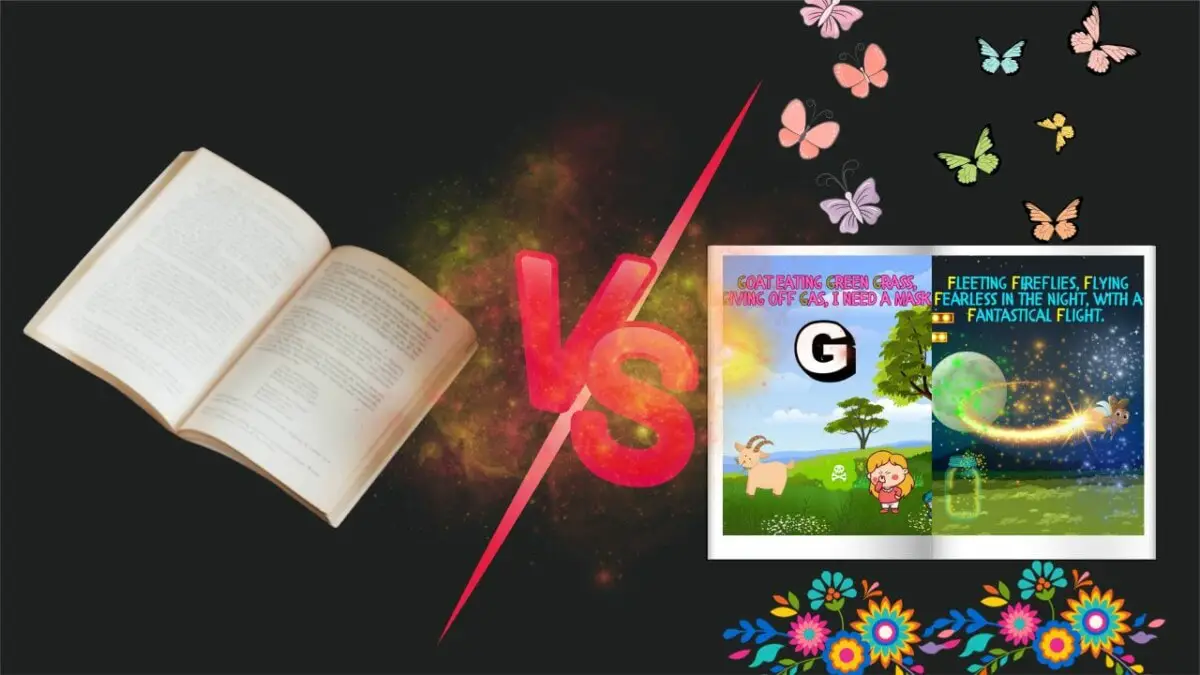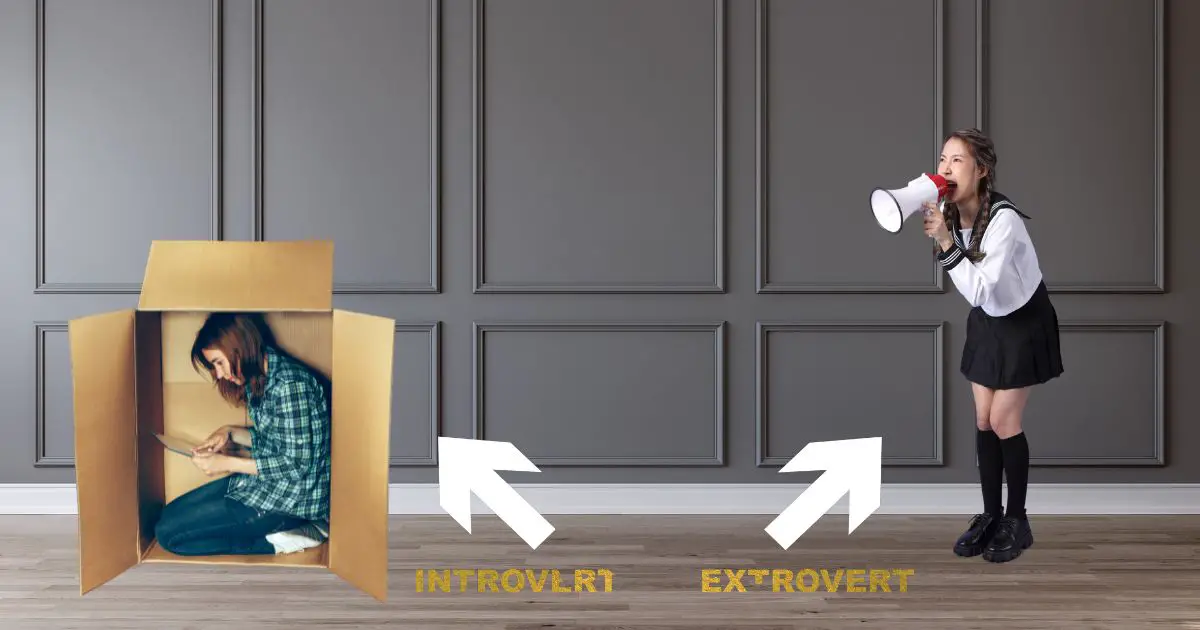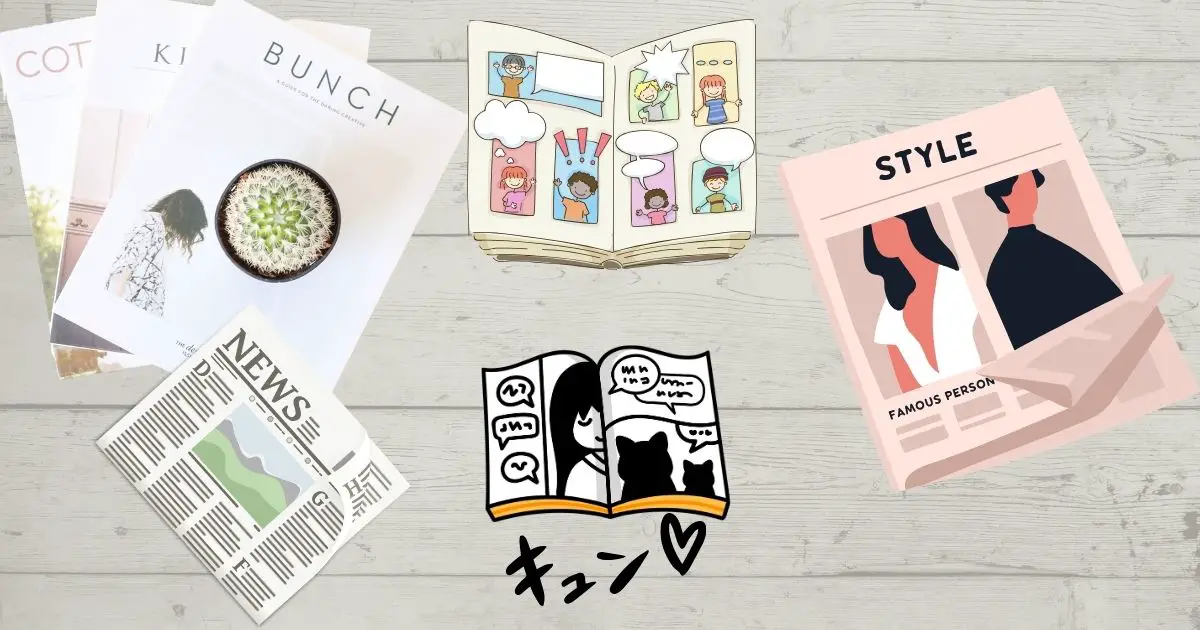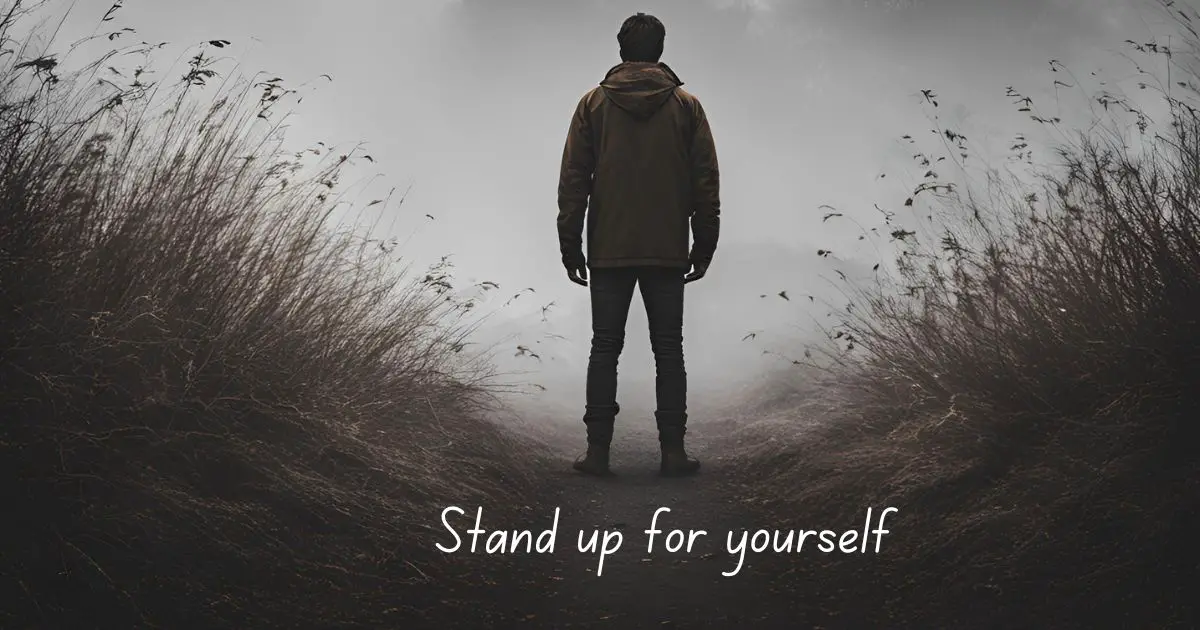Have you ever come across someone and the first thing that cross your mind is what are they wearing? Why does this person look so poor and uneducated? These judgemental thoughts run freely in your mind but you know you shouldn’t be having these thoughts especially when meeting someone for the first time. Is it even possible to rid yourself of such judging thoughts?
A common human tendency that is deeply ingrained in our psyche is to simply judge others. Such judgment often originates from societal influences, personal insecurities, or an absence of empathy. This bad habit must stop, and it starts with us.
Cultivating an understanding mindset can however catalyze personal growth. It can forge stronger connections with those who surround us. This article delves into pragmatic strategies and charts the course toward conquering judgmental inclinations to foster an empathetic outlook.

1. Acknowledging Judgment Is The First Step Toward Change
To address judgmental behavior, we must crucially recognize our instances of being judgmental. This self-awareness stands as the initial stride toward positive change. Hence, reflect, particularly in those moments where you catch yourself making assumptions or forming opinions about others, only through such introspection can we truly combat and conquer our innate tendencies towards judgment.
Understanding the triggers can provide valuable insights into the root causes of judgmental tendencies. To acknowledge judgment, you must genuinely introspect beyond mere surface-level observations and dive into the depths of underlying emotions and thoughts that ignite such judgments.
Investigate societal influences, and probe past experiences, both positive and negative, as well as personal insecurities. These are all vital contributors to formulating opinions about others. Unearthing these deeper layers. This pursuit enables a more comprehensive understanding, not only of the self but also of the triggers that incite judgmental behavior.
- Tip for Self-Reflection: Journal your thoughts and emotions regularly, cultivating a habit of self-reflection. This routine can reveal patterns within your tendencies to judge – an understanding that equips you for more effective addressing.
- Building Empathy Through Literature: Diverse literature, when you read it, enhances your ability to understand a multitude of perspectives: this immersion in others’ experiences fosters empathy.

2. The Power of Empathy Taking a Step into Someone Else’s Shoes
Understanding relies upon empathy, the act of immersing ourselves in another’s experience, donning their emotional state as our own, and perceiving the world through their unique perspective. As research unfailingly demonstrates, this culminates not only in enhanced relationships but also elevates overall well-being.
Studies underscore the positive impact empathy has on mental health and social interactions. This illuminates a vital aspect of our well-being, the power inherent in understanding, and connecting with others.
Move past simple acknowledgment and actively engage in exercises that build empathy. Connect with individuals from diverse backgrounds. Listen to their stories with active involvement. Immerse yourself in these experiences, nurturing a genuine comprehension of their emotions and challenges. Not only does this experiential approach bolster your empathetic capacities, but it also underlines the notion. That everyone’s journey is indeed unique, a narrative deserving not just understanding but compassion.
- Empathy-Building Activity: Engage in cultural exchange programs or volunteer for community projects. These opportunities will expose you to a myriad of perspectives and life experiences.
- Neuroscience of Empathy: Understand the neurological basis of empathy. Knowing that your brain is wired for empathy reinforces its natural potential, encouraging you to cultivate this powerful skill.

3. Challenging Stereotypes and Breaking the Mold of Preconceived Notions
Cultural conditioning often establishes stereotypes as these foundations for judgment, thereby reinforcing biases. To cultivate a more profound understanding, challenge these stereotypes proactively by actively seeking diverse perspectives which is crucial. Interact with individuals of diverse backgrounds, cultures, and experiences. This engagement not only expands your worldview, it also deconstructs the preconceived notions that fuel judgmental attitudes.
To dismantle stereotypes, one must proactively commit to education and exposure. This involves the active pursuit of literature, films, and art that challenge these stereotypes while providing alternative narratives. Engage in insightful conversations with individuals who defy such categorizations, and gain an understanding of the richness and the complexity of their lives. Actively seeking diverse perspectives. This is your contribution to dismantling the preconceived notions that frequently precipitate unfair judgment.
- Media Literacy Tip: Develop critical media consumption habits to discern and question portrayals that reinforce stereotypes.
- Traveling with an Open Mind: Traveling exposes you to different cultures, challenging stereotypes and, fostering a genuine appreciation for diversity.
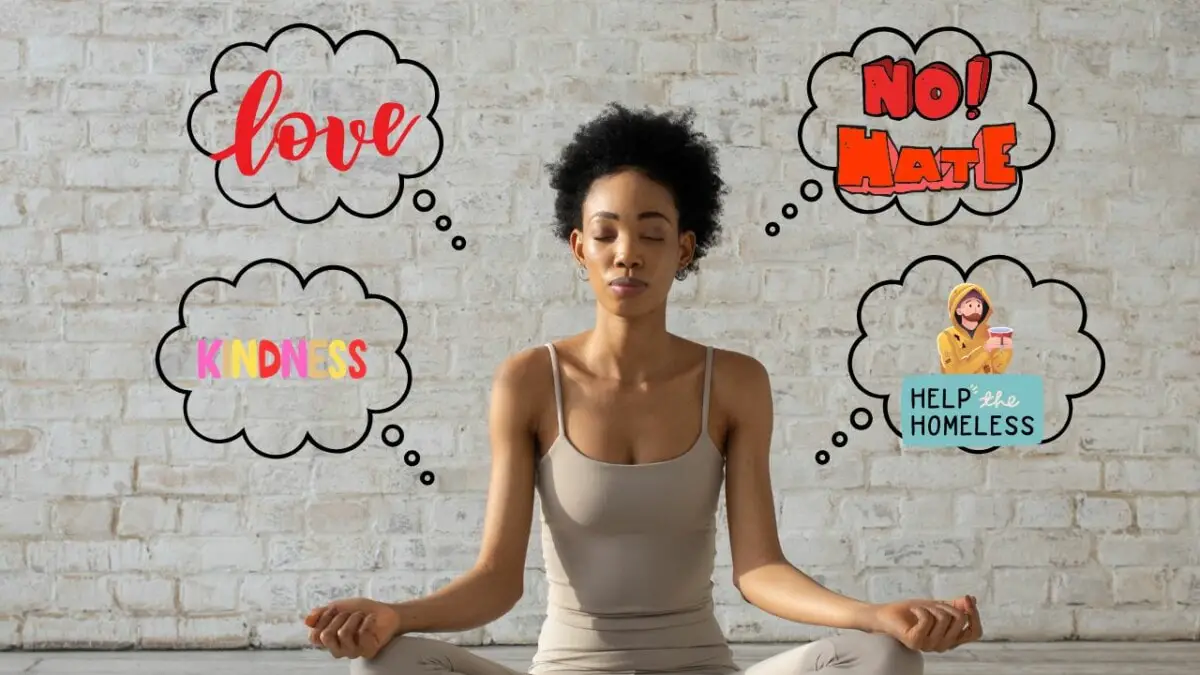
4. Cultivating Mindfulness to Eliminate Judgment
Mindfulness requires the ability to remain fully present, refraining from any form of judgment. Techniques like meditation and deep breathing can effectively suppress our propensity for judgment. Research that underscores how practicing mindfulness not only diminishes critical thoughts but also amplifies overall well-being. It’s a compelling case for adopting this approach toward mental health. Incorporate mindfulness into your daily routine to develop a more compassionate mindset.
More than just a fleeting practice, mindfulness represents an intentional lifestyle choice. Actively infuse your daily activities with mindfulness, relishing the nuances of a meal’s flavors or engaging completely in natural surroundings.
The scope of cultivating mindfulness transcends formal practices. It profoundly shapes the lens through which you approach challenges and interactions. Consistently maintaining a non-judgmental and present state fosters a mindset that surpasses momentary awareness, ultimately integrating as an intrinsic element of your being.
- Mindful Listening Technique: Engage in conversations with mindful listening. Fully concentrate on the speaker, refraining from immediately constructing responses in your mind.
- Mindful Breathing Benefits: Engaging in regular, mindful breathing. Practice not only diminishes judgmental thoughts but also enhances your overall emotional well-being.
5. The Impact of Positive Communication and Fostering Understanding
Understanding others hinges on effective communication. Instead of assuming, one must actively engage in open and honest dialogue. Active listening is a critical facet of positive communication. It enables the comprehension of diverse perspectives without hastily forming judgments. Studies indicate that improved communication skills positively influence personal and professional relationships.
A two-way street necessitates positive communication. It involves not merely expressing oneself, but also authentically esteeming others’ viewpoints. To go beyond steering clear of judgmental language, you must actively strive to comprehend the emotions and motivations underpinning the spoken words.
Create a forum where individuals perceive respect and acknowledgment. This will cultivate an atmosphere propitious for mutual understanding. Positive communication’s impact transcends individual interactions. It initiates a ripple effect–a catalyst for societal empathy and interconnectedness.
- Nonviolent Communication Techniques: Learn and practice nonviolent communication techniques to express your feelings and needs while fostering understanding.
- Empathy in Conflict Resolution: Employing empathy during conflicts. This action has the potential to revolutionize communication dynamics, subsequently guiding us toward more constructive and collaborative resolutions.
6. Gratitude as a Transformative Tool and Shifting to Appreciation
Our focus shifts from perceiving flaws to recognizing the positive aspects of individuals as we cultivate gratitude. The Research underscores the transformative power of gratitude in fostering a positive outlook and diminishing judgmental tendencies. Maintain a journal dedicated to gratitude. Use it consciously to appreciate strengths and virtues within your social circle.
When we embrace gratitude as a transformative tool, it transcends mere acknowledgment of blessings. Instead, we delve into the specific qualities and actions that evoke our appreciation for individuals. We should regularly reflect on others’ positive impacts on our lives to foster a profound sense of gratitude.
Consciously shifting your focus from judgment to appreciation not only cultivates a positive mindset within yourself but also contributes towards fostering an elevating culture of appreciation in your social circles; this ultimately bolsters collective well-being.
- Gratitude Practice Variations: Delve into a range of gratitude practices: express direct appreciation to individuals; incorporate it into your daily affirmations–these are just two methods.
- Social Impact of Gratitude: Recognize that expressing gratitude not only benefits individuals but also strengthens social bonds and community well-being.

7. Personal Growth and A Journey Towards a Non-Judgmental Mindset
Continuously growing personally involves a journey where we embrace a non-judgmental mindset. We must exhibit patience with ourselves, recognizing that change indeed requires time. Moreover, view setbacks as valuable chances for learning and improvement, this is an essential approach. Study reveals that individuals, who are committed to personal growth, not only experience an elevation in life satisfaction but also a boost in their overall well-being.
A destination, personal growth is an ongoing process of self-discovery and improvement. Setbacks hold integral value in this journey, they offer valuable lessons and insights. Instead of perceiving challenges as mere obstacles, consider them stepping stones towards cultivating a non-judgmental mindset.
The pursuit of understanding, a commitment that endures throughout life, gains reinforcement from each step taken in the journey of personal growth. Every such stride contributes to an increasingly richer and more fulfilling existence.
- Learning from Setbacks: Identify patterns and triggers in your ongoing journey by treating setbacks as valuable learning experiences.
- Community Support in Growth: Engage actively with communities or support groups emphasizing personal development and provide not only encouragement but also shared experiences in the journey towards a non-judgmental mindset.

8. Empathetic Listening to Stop Judging
Beyond mere word-hearing, empathetic listening engages with the emotions and intentions underlying spoken language. It is an act that often originates from misinterpretations or partial comprehension. To actively practice this skill, you must devote full attention to the speaker, sustain eye contact without wavering, and refrain entirely from interrupting. Fostering a deeper understanding of the speaker’s perspective indeed creates an environment that supports open communication.
Pay close attention to non-verbal cues, body language, and facial expressions to enrich empathetic listening. Such subtle signals yield invaluable insights into the emotions of the speaker. Thus, enabling a deeper connection. Mastering this art of empathetic listening not only dismantles communication barriers but also fosters an environment that is more understanding and compassionate for interpersonal dynamics.
- Mirror the Emotions: Reflect the speaker’s emotions in your responses, showing that you understand and resonate with their feelings.
- Mindful Silence: During conversations, embrace moments of silence. They provide space for the speaker to express themselves without feeling rushed, a crucial element in effective communication.
9. Cultural Competence and Embracing Diversity with Openness
Being open-minded and respectful towards diverse cultural backgrounds constitutes cultural competence. Cultural misunderstandings or stereotypes frequently give rise to judgments. Actively learn about different traditions, customs, and belief systems to expand your cultural knowledge. Engage in dialogues with individuals from diverse backgrounds, attend cultural events, and delve into the history and contextual nuances of different cultures.
Question your own cultural biases. Scrutinize assumptions and stereotypes. Adopt a mindset of cultural humility. Acknowledge that there is an unending learning process. By nurturing cultural competence, not only do you dismantle barriers between diverse communities, but also augment society’s inclusivity and understanding.
- Cultural Exchange Programs: Participate in cultural exchange programs that provide immersive experiences, fostering firsthand knowledge and appreciation.
- Continuous Learning: Regularly update your understanding of different cultures, staying informed about cultural nuances and evolving perspectives.
10. Mindful Questioning to Promote Curiosity Over Assumptions
Approach situations with curiosity mindful questioning, and avoiding assumptions. Instead of leaping to conclusions, pose open-ended queries that foster the sharing of others’ experiences and viewpoints. This practice not only deepens understanding but also liberates individuals to express themselves without fear of judgment.
Steer clear of questions that lead or judge, implying a predetermined answer. Instead, delve into the depth and diversity of others’ experiences. Adopt an attitude characterized by thoughtful inquiry. In doing so, through your mindful questioning, you not only establish space for open dialogue but also actively contribute to fostering a culture defined by comprehension.
- Reflective Inquiry: Encourage self-reflection by asking questions that prompt individuals to share personal insights and motivations.
- Avoiding Assumptive Language: Be mindful of your language, steering clear of assumptions or presuppositions in your questions.
11. Compassion in Action to Translate Understanding into Behavior
Merely understanding is insufficient. Action-driven compassion necessitates the translation of empathetic thoughts into considerate behavior. Vigorously seek out avenues to bolster and elevate others. Offering a helping hand, extending a kind word, even a simple presence. These are the minute acts that foster an understanding community steeped in compassion.
Verbally expressing gratitude and appreciation, or reinforcing them through small gestures, strengthens the positive connections you establish. When you consistently demonstrate compassion in your actions, it not only adds to a supportive environment but also sparks others’ interest in adopting similar behaviors, thus creating an inspiring ripple effect.
- Random Acts of Kindness: Incorporate daily acts of kindness, even if they are small gestures, to create a positive and understanding atmosphere.
- Volunteer Engagement: Participate in volunteer activities that align with your values, providing practical assistance to those in need.

12. Unveiling Unconscious Biases
Utilize reflective journaling as a potent tool for unmasking unconscious biases and concealed judgments. Regularly allocate time to record your thoughts and responses towards diverse situations. Scrutinize these entries, identify patterns, and discern recurring themes. This illuminates potential areas where judgmental tendencies may continue lurking.
In your journal, actively explore perspectives that differ from yours and vigorously challenge the assumptions you hold. This self-reflective process not only unravels deep-seated biases but also fosters a mindset of unceasing improvement.
- Biases Awareness Exercise: Periodically review your journal entries specifically to identify instances where biases may have influenced your thoughts or reactions.
- Gratitude Journal Extension: Extend your gratitude journaling practice to include appreciative reflections on the diversity of perspectives encountered in daily life.
Conclusion
To conclude, you must engage in a transformative process that includes self-reflection, empathy, and continuous personal growth to overcome judgmental tendencies. Through the active practice of understanding and adopting a non-judgmental mindset. We enhance our well-being while contributing towards society’s increased compassion and harmony.
Bear in mind that the quest for heightened comprehension commences with a solitary stride, not one towards judgment, but rather an initial step propelling us into a life brimming with fulfillment and empathy. Learning to not judge others is not a simple task, but with practice and hard work you will eventually be more at peace with the world and a new person inside of you will emerge.
By AL Tran
